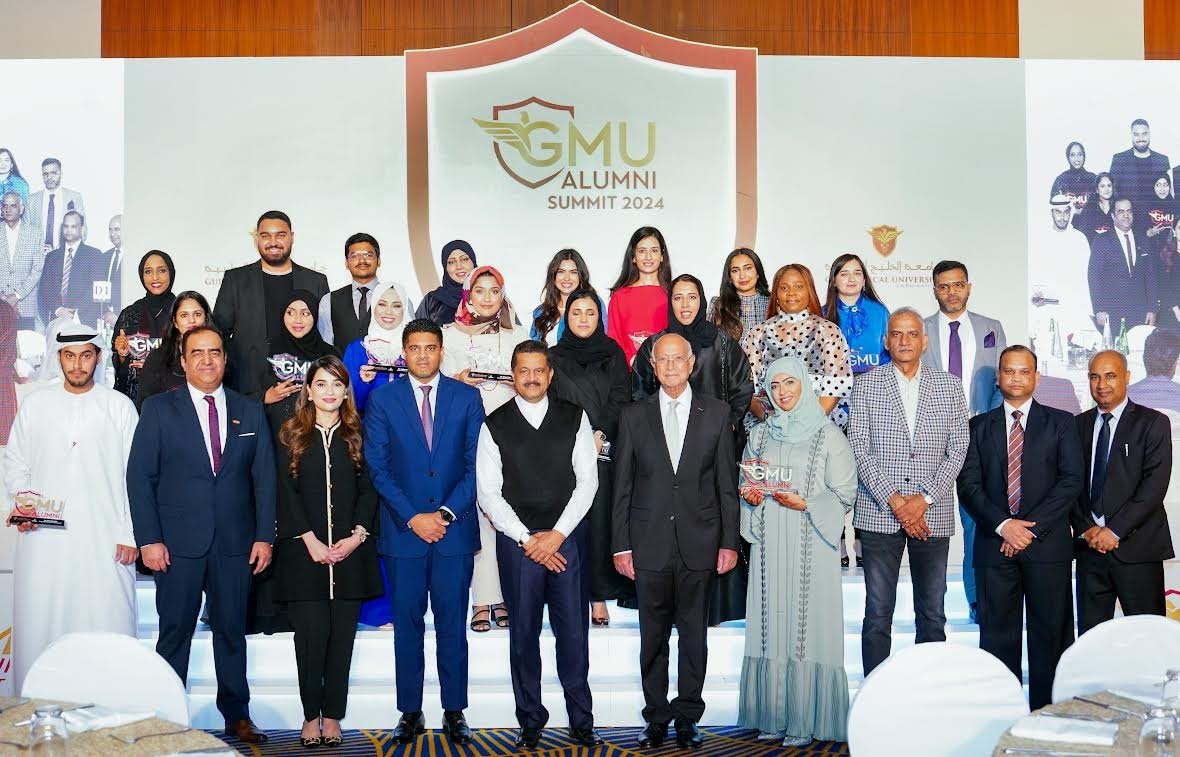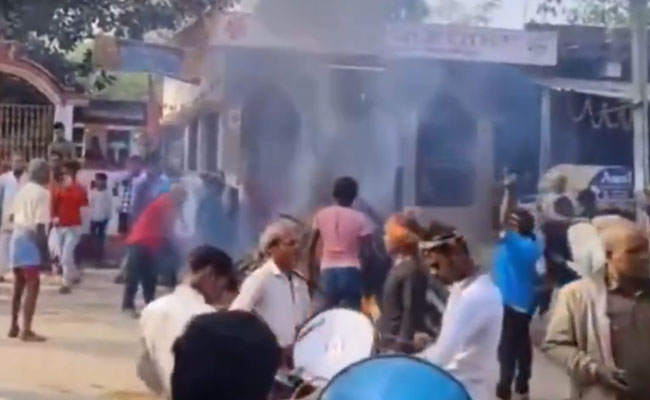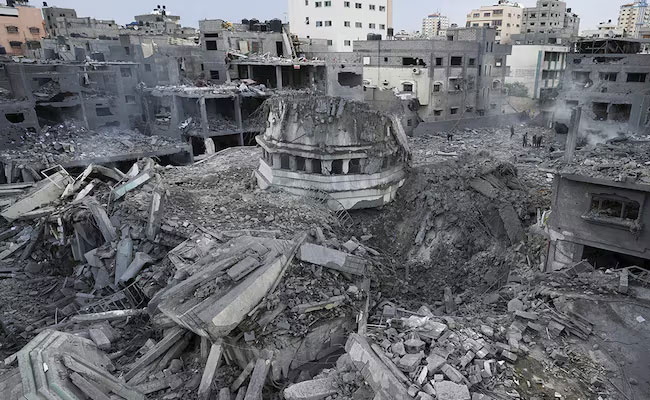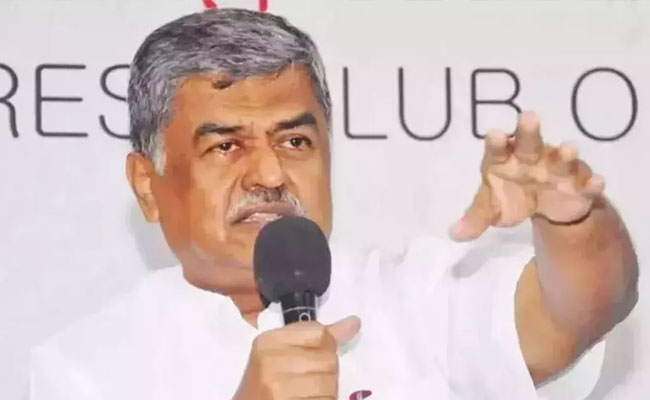Ajman: United Arab Emirates (Press Release): The Gulf Medical University (GMU) Global Alumni Summit 2024 concluded on a high-note, bringing together over 400 alumni from around the world for an evening of celebration, collaboration, and inspiration. The highlight of the event was the launch of the Coffee Table Book, ‘25 Icons: Gulf Medical University Alumni Shaping Global Healthcare,’ a tribute to alumni who have made significant contributions to the health professions industry.Held at Marriott Hotel (Dubai), the summit featured a dynamic agenda that showcased the achievements and contributions of GMU alumni in the field of healthcare.
With approximately 4,000 graduates representing 95 nationalities, Gulf Medical University (GMU) boasts a diverse alumni community, and members residing and practicing across the world. Annually, the GMU Alumni Summit serves as an important platform, drawing accomplished professionals together to nurture collaboration and delve into initiatives that address their shared needs. The event, marked by the insightful welcome address by Dr. Omar Nabi, President of the Alumni Association Board, and Prof. Hossam Hamdy's remarks, emphasizing GMU's commitment to a robust alumni community, also featured Dr. Thumbay Moideen, Founder President of Thumbay Group, as the chief guest.
Speaking about the summit, Dr. Thumbay Moideen, highlighted: “We are very proud of the accomplishments of our alumni, and happy to see them succeed in their career as health professionals. The university shall always support them in their endeavors.”
Gulf Medical University, meanwhile, is launching a global initiative to establish alumni chapters in key regions like the UK, Europe, the US, Africa, and Southeast Asia. These chapters will serve as networking, mentorship, and collaboration hubs, encouraging its global alumni to engage and contribute to the university's stature.
Addressing the former students, Prof. Hossam Hamdy, Chancellor of Gulf Medical University said, “We are proud to see the professional achievements and growth of our university’s students. The breadth of participation made the gathering remarkable and special; GMU’s alumni are the brand ambassadors of our core values and recognizing their contribution is crucial to the progress of the institute and the development of its current students.”
He added, “Alumni meets help in developing a platform to showcase the institution’s growth, strengthening the relation between the university and its graduates, who have excelled in their careers.”
Providing a tangible tribute to their collective journey, the Coffee Table Book launch showcased the diverse accomplishments of the alumni, which featured 25 icons, adding a moment of pride and honor to the evening. The Alumni Panel Discussion that followed was a dynamic exchange of ideas, featuring well-known alumni who shared their perspectives on current healthcare challenges and opportunities. The interactive session facilitated valuable insights and discussions on the future of health professions industry, locally and globally.


Let the Truth be known. If you read VB and like VB, please be a VB Supporter and Help us deliver the Truth to one and all.
Vaishali: An elderly Dalit woman was cremated on a public road in Bihar’s Vaishali district after her family was allegedly prevented from using the village cremation ground, triggering outrage and tension in the area, The Observer Post reported.
The incident occurred on Thursday at Sontho Andhari village under the Goraul police station limits. The deceased, identified as Jhapki Devi (95), belonged to a Mahadalit family. According to locals and police, when her family tried to take her body to the cremation ground, some people blocked the route, leaving the family with no option but to perform the last rites on the road.
Family members and residents said the obstruction has been a long-standing issue. “Every time we take a body for cremation, the way is blocked. This has happened earlier too, but no permanent solution was given,” said a local resident from Manjhi Tola, expressing anger over repeated denial of access.
As tensions rose, the funeral procession stopped at Andhari Gachi Chowk, where the body was placed on a pyre in front of a Shiva temple and cremated on the road. Villagers alleged that the pathway connecting the main road to the cremation ground had been encroached upon by local landowners.
Police and administrative officials later reached the spot. A fire brigade vehicle was deployed to extinguish the pyre, and the road was cleaned after the cremation. Public representatives who arrived at the scene were reportedly chased away by protesting villagers, who accused the administration of ignoring their complaints for years.
Vaishali Superintendent of Police Vikram Sihag said the issue arose due to the absence of a clear path. “Earlier, there was a route to the cremation ground, but some people built a temple on that path. Due to the lack of access, the family carried out the cremation on the road,” he said. He added that discussions were held with local officials and that arrangements would be made to restore access to the cremation ground. “The situation is currently under control,” the SP said.
Block Development Officer Pankaj Kumar Nigam and Circle Officer Divya Chanchal said the area had been cleared and an inquiry was under way. “All aspects will be examined, and steps will be taken to ensure that such incidents do not happen again,” they said.





